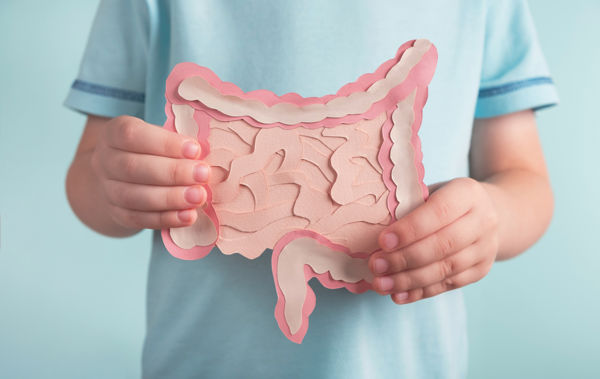Articles and Webinars
Whether you are a carer, a specialist, or completely new to continence care, Wellspect Education provides learning resources for your level of expertise
Whether you are a carer, a specialist, or completely new to continence care, Wellspect Education provides learning resources for your level of expertise

key:global.content-type: Video
In this webinar, Bev Collins, Clinical nurse lead, Wellspect, will tell you the most important information you need to know about transanal irrigation (TAI), how to use Navina Irrigation System and some tips and tricks to improve adherence.

key:global.content-type: Video
In this webinar, Bev Collins, Clinical nurse lead, Wellspect, will talk you through conditions in children that may lead to bowel dysfunction.

key:global.content-type: Article
A cost-effectiveness analysis of Navina Smart on adult patients affected by neurogenic bowel dysfunction.

key:global.content-type: Article
Transanal Irrigation (TAI) is known to be a successful therapy to treat LARS, and in this study, Orlandi et al explore the use of TAI as a treatment option for women with endometriosis who experience LARS-like symptoms.

key:global.content-type: Article
This data was presented at The International Spinal Cord Society (ISCoS) conference in Antwerp October 2024.

key:global.content-type: Article
This publication by Falletto et al. explores the benefits of using transanal irrigation for people with FBD and LARS, pointing to significant improvements in a patient’s quality LARS scores during the study period.

key:global.content-type: Article
Help your patients with recurrent UTIs. This tool provides personalized guidance for UTI prevention and management, tailored to catheter users. Developed in collaboration with nurses from around the world and based on the latest guidelines

key:global.content-type: Article
Take part of clinical evidence that speaks to the improved outcomes of using TAI in pediatric patients when coupled with an individualized approach upon initiation of TAI.

key:global.content-type: Article
In this webinar, you will hear from Dr. Rebecca Haddad who is a physician specializing in Physical Medicine and Rehabilitation with a focus on geriatrics at Sorbonne Université in Paris, France. Her clinical, research, and teaching work is dedicated to the care of people aging with disabilities, with a particular focus on bladder aging.

key:global.content-type: Article
In this webinar you will hear from Dr. Gianluca Sampogna, a urologic surgeon working at the Spinal Unit, Niguarda Hospital, Milan, a referral center for bladder, bowel, and sexual health issues in spinal cord injured population. He is the Head of the Sexual Health Program which offers many solutions from sexual counseling to rehabilitation, from pharmacotherapy to surgery.

key:global.content-type: Article
In this webinar you will hear from Dr. Gianna Rodriguez, clinical Professor from Michigan US. She is the Director of the Spinal Cory Injury (SCI) Program in the Department of Physical Medicine and Rehabilitation (PMR) at Michigan Medicine in the US.

key:global.content-type: Article
This article explores how the aging process affects bladder and bowel function in SCI patients and discusses the need for specialized management strategies.
